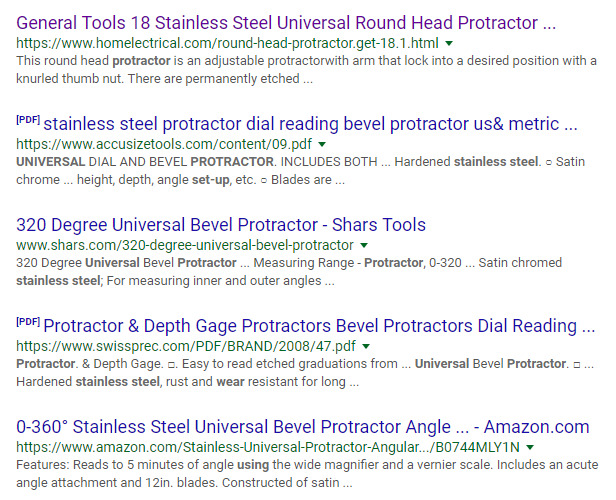You know our business, and you know your customers. Picking out keywords seemed easy when you put together your online store or web page. Does your store get the traffic levels that you need?
Insufficient traffic can occur for many reasons. Developing and publishing content takes a lot of time and effort. Sometimes, after all that work, thoughtful keyword selection may get pushed aside.
Focus on Improving Your Keywords
However, focusing on changing keywords has several advantages for you and your business:
- Improving your keywords is easy. Before you go to an expert, you can evaluate and improve your keywords because no one knows your products and service better than you do.
- Evaluating keywords will strengthen your focus. As you review the points below, you will learn things about your website and how your keywords relate to your content. Finding and fixing problems will strengthen your focus.
- You will learn how search engines and customers see your content. Keyword research forces you to compare your content to your keyword and analyze how customers and search engines end up on your page. That teaches you about them so you can help them help your business
Can Short Tail Keywords Compete?
When thinking about a search or keyword, usually, one or two-word phrases come to mind: pens, pencils, backpack, crayons, ruler, plastic folder, or glue stick. Search Engine Optimization experts know these short, simple, one-item keywords or keyword phrases as “short tail” keywords or keyphrases. They can be very generic, like the word, “pencil,” or branded, but general, like Staples, Office Depot, or Quill.
Short tail keywords work great for big corporations that control the market. In fact, the search, “office supplies,” takes you right to the three companies at the end of the last paragraph. These powerful marketing forces have the internet space and labor force to stay on top with these common, obvious keywords.
Long Tail Keywords: Fewer, but Better Searches
If you have an e-commerce store and want it to rank, you can focus on your specific market niche with “long tail” keyphrases. These keyphrases contain three or more words, and they target small, highly focused niche audiences. They target people who have specific interests or a specific profile that makes your product or service especially interesting to them. They target high probability leads and customers.
Long tail keyphrases occur less frequently, overall, on the search engines. The advantage comes in the quality of the visitors that click on your link in the search engine. As an example, search for any sort of school supply, like a protractor. This search brings up Staples, Office Depot, and Quill, again. After a look on one of these pages, you see a protractor that your electrician was using. Perhaps, if you know you want that protractor, you buy it right away. Sometimes that happens. Staples wins, the little guy loses.
However, site visitors often try a second search. Now, with the protractor name in hand, the person searches for “How to use a stainless steel universal protractor.” Now other vendors start showing up, and you can bet they used long tail keywords. Take a look at the first non-video results on the page:

Specialized vendors, HomElectrical, Accusize Industrial Tools, and Shars Tool Company beat out Amazon. Ranking above Amazon fairs pretty well for any e-commerce web page.
Long Tail Keyword Examples
So, it may require some thinking, but consider changing some of your short tail keywords for long tail keywords, like this:
- Instead of “protractor,” use “how to use a stainless steel universal protractor.”
- Rather than “office chairs,” try “vintage oak weathered wooden banker’s office chair.”
- If you sell backpacks, instead of “school backpack” just before school starts, try, “LeSportsac striped backpack back-to-school sale.”
Long Tail Keyword Benefits
Using long tail keyphrases can provide your e-commerce website with several benefits. While individual long tail keyphrases have lower search frequency than short tail keywords, they have less competition. In addition, the total traffic over a number of pages can provide adequate overall traffic for your website. They can better match people’s search needs, and they tend to attract visitors who come more prepared to convert to leads or customers.
Give long tail keywords a try. Add them to your new pages, and use them to replace your existing short tail keywords pages that you have already developed. The keyword research will improve your focus and understanding of customers and search engines that find your sites, and you will enjoy more traffic as you learn to serve them.

